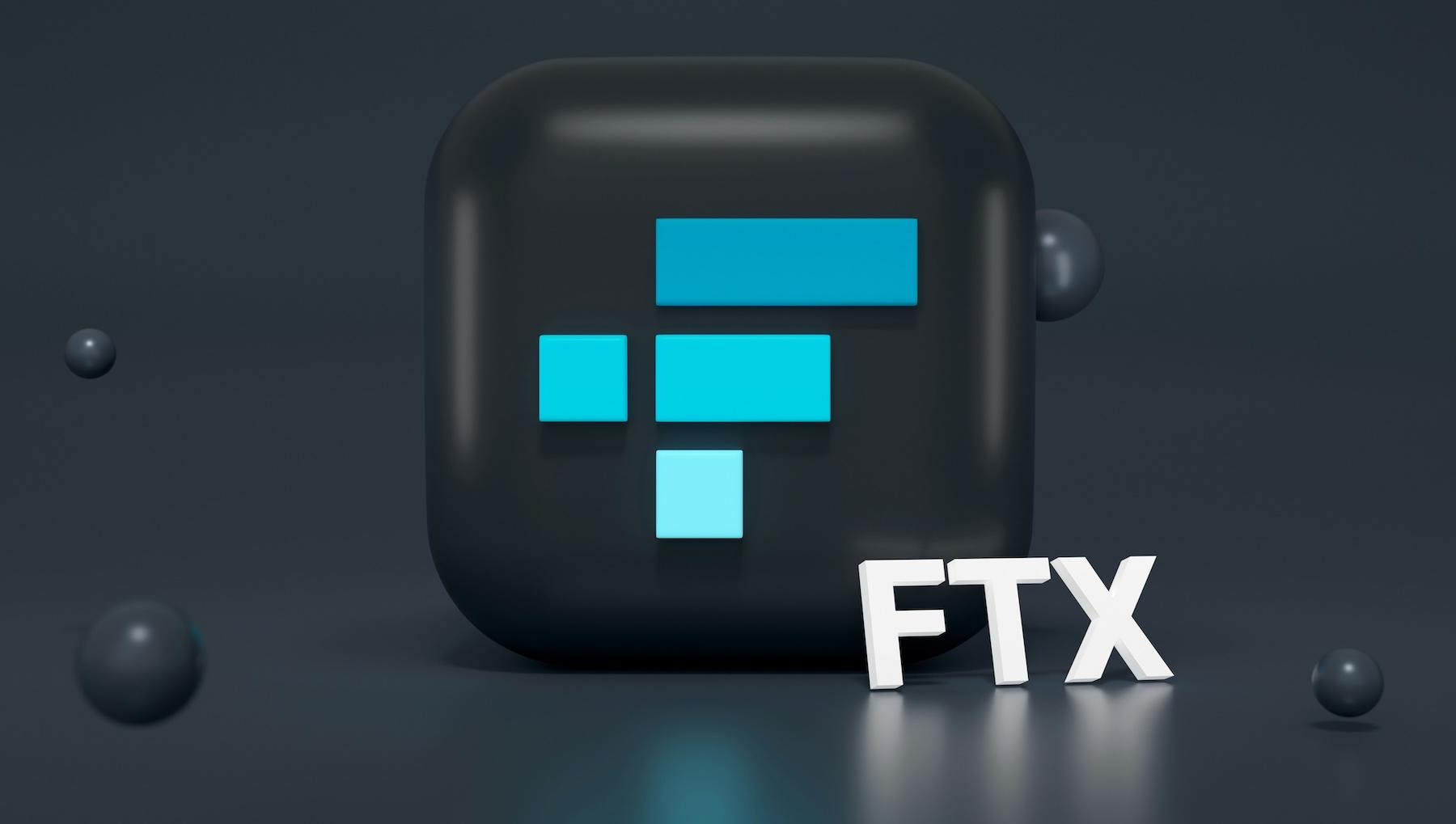There have been quite a few hiccups along the way for the cryptocurrency sector, with Mt.Gox and FTX Exchange incidents, though years apart, highlighting issues facing the industry. Though these two exchanges collapsed, they were for two different reasons, and because of their failures, the industry has grown and improved.
We’re going to discuss what happened to these two infamous exchanges, before noting what has changed for cryptocurrency exchanges in the wake of their collapses.
What Went Wrong for Mt.Gox
Mt.Gox was the biggest Bitcoin exchange in the world at one point, until in 2014 when the exchange halted withdrawals, and then discovered that most of the Bitcoin that had been on the exchange was missing. You can find our detailed accounting of what happened with Mt.Gox here. But what happened overall can be summarized by WizSec, a blockchain security company who has done extensive work on the Mt.Gox case:
“Most or all of the missing bitcoins were stolen straight out of the MtGox hot wallet over time, beginning in late 2011. As a result, MtGox was technically insolvent for years (knowingly or not), and was practically depleted of bitcoins by 2013. A significant number of stolen bitcoins were deposited onto various exchanges, including MtGox itself, and probably sold for cash (which at the bitcoin prices of the day would have been substantially less than the hundreds of millions of dollars they were worth at the time of MtGox’s collapse).”
Part of what also occurred with Mt.Gox was in October 2011, when about two dozen transactions were sent to the Bitcoin blockchain to invalid addresses, resulting in a loss of BTC 2,609 forever as a result. But this created a change for exchanges which prevents you from sending a transaction from a crypto exchange to a wallet unless that wallet is verified to be on the blockchain.
Though this was and remains a meaningful change for the sector, as it prevents transactions from being sent to invalid addresses and thus loss of assets, the one change that the Mt.Gox collapse did not address was a proof of reserves, which leads us to FTX.
What Went Wrong for FTX
FTX Exchange was also one of the top crypto exchanges in the world at one point. The various ways to earn on the platform, including using the FTX Token, were big draws for many users. But as it turned out, FTX, and namely their CEO Sam Bankman-Fried, were defrauding customers in what was one of the largest ponzi schemes in the history of crypto.
Former Binance CEO Changpeng Zhao, was one of the first to note that there may have been an issue with FTX in the fall of 2022, and not too much later, users were no longer able to withdraw funds from the platform. Evidently, the exchange didn’t have most of the users’ assets.
What resulted from FTX’s collapse was something that should have resulted from Mt.Gox’s, which was proof of reserves by exchanges. It became pretty clear once FTX collapsed, that had there been some sort of regular audit of the platform’s holdings, they wouldn’t have been able to defraud their customers, as it would have been obvious that funds were missing.
Now, exchanges like Binance, Uphold, Kraken, Coinbase, and all the other top cryptocurrency exchanges, provide proof of reserves to their users. If an exchange doesn’t provide a regularly updated proof of reserves, it’s probably a good idea to avoid it. By having a proof of reserves, exchanges are showing to customers that should the worst happen, customers can be made whole again.
Why Personal Risk Management Remains Key
Now, because Mt.Gox issues led to the solving of sending to invalid addresses, and FTX led to proof of reserves, the current cryptocurrency exchange landscape is much more regulated and secure than it was before.
However, the key to using cryptocurrency exchanges is, and always has been, personal risk management. The common phrase of “not your keys, not your crypto” has been around since long before FTX collapsed, and it remains some of the best advice for crypto risk management. The only users who were affected by either Mt.Gox or FTX’s issues, were those who kept their crypto on the exchange.
Somewhat ironically, if all of FTX users had maintained a policy of withdrawing their crypto to personal wallets, the fraudulent nature of the exchange might have been noticed earlier. But, the desire to earn a return on their holdings, and the offerings of FTX to provide high APYs on assets, led a lot of users to trust FTX to hold their assets.
There is little risk in participating in crypto as long as you manage your personal risk. Using hardware wallets and taking control of your own assets are some of the best ways to reduce the risk of you losing any assets.
Closing Thoughts
The infamous histories of both Mt.Gox and FTX Exchange are certainly not moments to remember for those in the crypto sector, but they were perhaps necessary to help move the industry forward. Both incidents have led to meaningful change for the sector, which have created more regulatory clarity and legitimized the sector.
Though there is always some inherent risk in using a crypto exchange, the risk has been reduced thanks to the lessons learned due to both collapses. That said, it’s still best for you as the user to do your own due diligence and maintain your own crypto security wherever possible.
